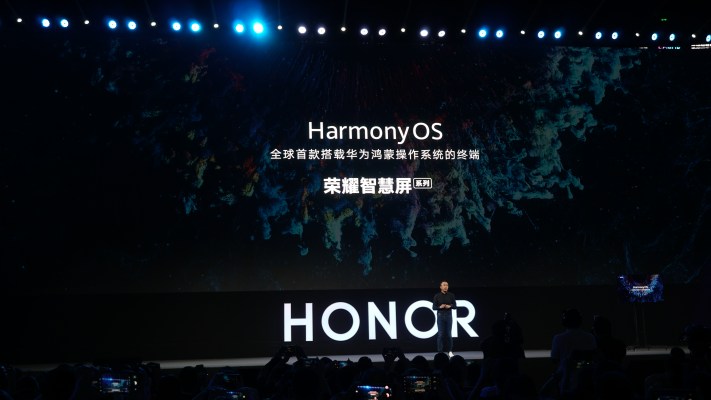If making an Android alternative was easy, we’d have a lot more of them. Huawei’s HarmonyOS won’t be replacing the mobile operating system for the company anytime soon, and Huawei has made it pretty clear that it would much rather go back to working with Google than go it alone.
Of course, that might not be an option.
The truth is that Huawei and Google were actually getting pretty chummy. They’d worked together plenty, and according to recent rumors, were getting ready to release a smart speaker in a partnership akin to what Google’s been doing with Lenovo in recent years. That was, of course, before Huawei was added to a U.S. “entity list” that ground those plans to a halt.
The truth of the matter is I’m not surprised the company has been working on an Android alternative for some time. Huawei has no doubt seen a ban as a possibility for years now. U.S. government skepticism pre-dates the current administration, but Trump’s election and his anti-China rhetoric must have felt like a major wake-up call for the company.
Pre-release reports have hedged their bets, positioning Harmony as an industrial operating system for IoT devices. In its early state, it can function as a mobile operating system, with a low-end handset expected later this year. Hope for the best, prepare for the worst, as the saying goes.
For now, Harmony is a backup plan, at least as far as smartphones are concerned. Per Huawei mobile chief Richard Yu, “We will prioritize Android for smartphones, but if we can’t use Android, we will be able to install HarmonyOS quickly.”
By mid-July, the ban appeared to have eased a bit, but last week the Trump administration made it clear that it’s still on red alert when it announced it was banning federal agencies from buying Huawei equipment.
And don’t underestimate Huawei’s resources. The Chinese company currently ranks as the No. 2 player in smartphones. That’s, in part, thanks to huge support at home. If anything, when it comes to the Chinese market, the ban has strengthened its support, with Huawei tailoring marketing toward patriot purchasing.
Many have tried and failed to build a successful mobile operating system. Developer support has been a major sticking point, and catching up to a decade-long head start for app store support seems like an insurmountable task. But if any company possesses the resources to do it, it just may be Huawei. And while Chinese smartphone sales have slowed along with the rest of the world, it’s still the No. 1 market in the world.
Of course, that’s almost certainly still a ways off. The question for now is Huawei’s short-term survival. If the company is, ultimately cut off from Google entirely, it could jeopardize its ability to keep its head above water. Even with quality hardware and a patriotic push, a device with a half-baked operating system and no app store to speak of is a hard sell.
But as it grapples with short-term issues, Huawei is no doubt looking down the road to a time when it might be able to free itself from Android for good.
